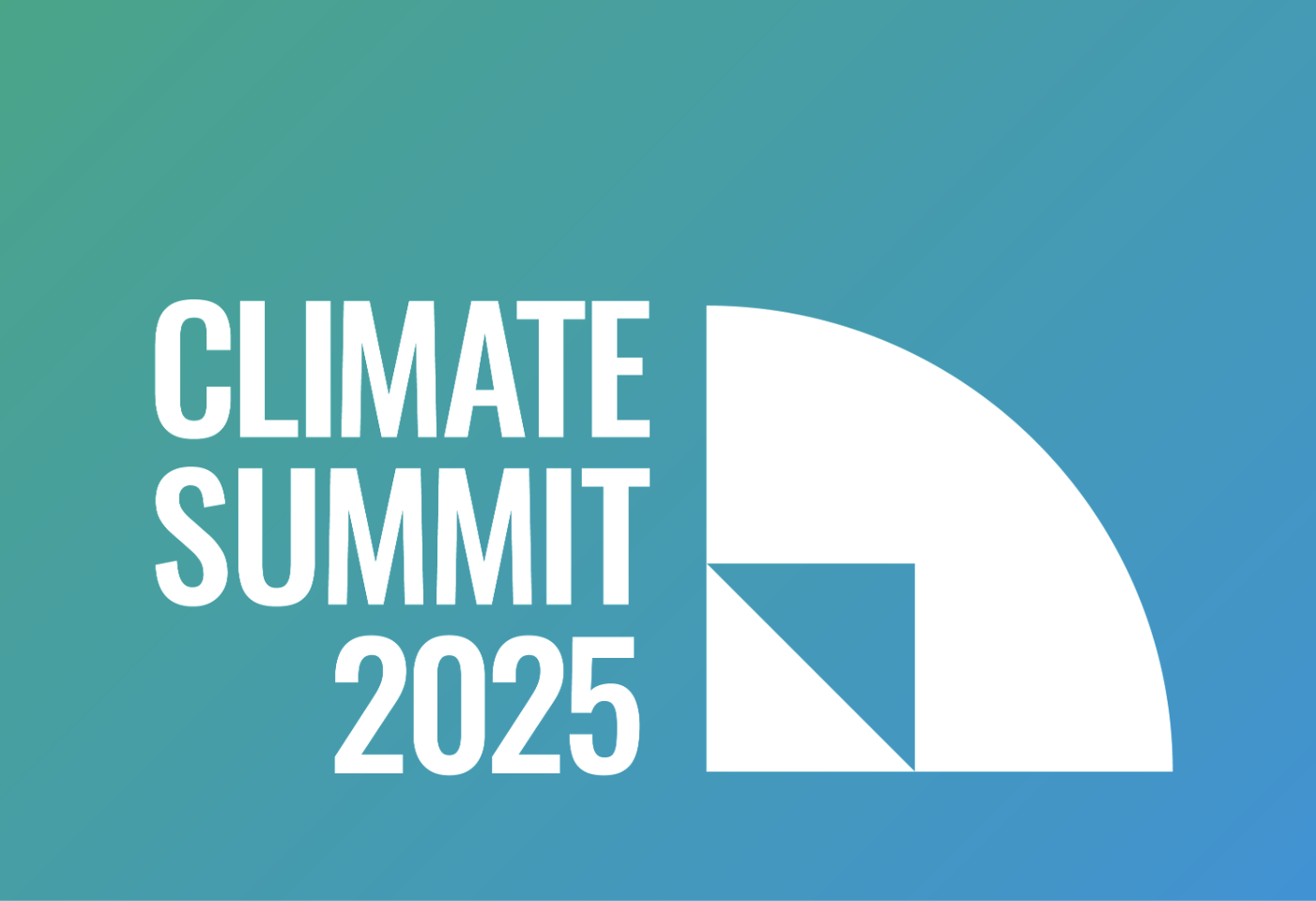Watch
24 September, 2-7 pm EDT: UN WebTV (coming soon)
Solutions Dialogues
22-24 September, closed sessions
Information note
Early Warning and Extreme Heat
Convenors: WMO, UNDRR, IFRC, ITU, UNEP, Brazil, UN Climate Action Team
22 September, 09:00 – 10:30
Early warning systems and heat resilience have become urgent imperatives. This dialogue aims to assess progress on the UN’s Early Warnings for All initiative and reinforce political momentum for solutions to tackle extreme heat.
Climate Change Adaptation
Convenors: UNDP, UN Climate Action Team, Brazil, Italy, South Africa
22 September, 11:00 – 13:00
Nearly all countries have adaptation plans, but action remains fragmented and underfunded. This dialogue aims to elevate adaptation on the political agenda, with a focus on strengthening country-driven action and expanding access to innovative finance.
Digital Public Infrastructure
Convenor: Brazil, UN Office for Digital and Emerging Technologies
22 September, 12:30 – 14:00
Digital public infrastructure, such as digital identity systems, electronic payment systems, and data exchange systems, can accelerate climate action and sustainable development. This event will focus on inclusive approaches to ensure everyone can benefit from digital transformation.
Climate Finance
Convenor: UN Climate Action Team, Brazil
22 September, 14:00 – 16:00
At COP29, governments agreed to scale up climate finance for developing countries to $1.3 trillion per year by 2035. This session aims to renew momentum and political support for securing this important goal.
Non-State Actors
Convenors: UN Global Compact, UNEP, UN Climate Action Team
23 September, 12:30 – 14:00
Businesses, financiers, and subnational governments play a critical role in delivering climate action. This dialogue aims to accelerate credible transition plans for non-State actors to achieve net-zero emissions, highlighting best practices and policy needs.
Information Integrity
Convenors: UN Department of Global Communications, Brazil, UNESCO
23 September, 14:00 – 15:30
Disinformation threatens climate action by undermining science and delaying policy. This dialogue aims to showcase best practices and reinforce multilateral collaboration to strengthen information integrity on climate change.
Tropical Forest Forever Facility
Convenor: Brazil
23 September, 15:00 – 16:30
The Tropical Forest Forever Facility is a proposed finance mechanism to provide long-term, predictable, and performance-based payments to countries for preserving their tropical forests. This session aims to secure political momentum ahead of the planned launch at COP30.
Industrial Decarbonization
Convenors: UNIDO, UN Climate Action Team, Brazil
23 September, 17:00 – 19:00
Reducing the carbon emissions of industries such as steel, cement, aluminium and chemicals represents an opportunity for growth, jobs, and competitiveness. This dialogue will spotlight tools, standards and financing needed to accelerate the transition to clean industry.
Methane Reductions from Fossil Fuels
Convenors: UNEP, Bloomberg Philanthropies, UN Climate Action Team
24 September, 08:00 – 09:30
Methane accounts for one-third of global warming and offers the fastest, cheapest mitigation opportunity. This dialogue will spotlight market levers and existing initiatives to accelerate methane reductions in fossil fuel operations.
Energy Transition
Convenors: IEA, Brazil, UN Climate Action Team
24 September, 10:00 – 12:00
This event will focus on priority actions and solutions needed to accelerate a just, orderly, and equitable transition away from fossil fuels and realize the socio-economic opportunities of advancing renewable energy deployment and energy efficiency improvements.




